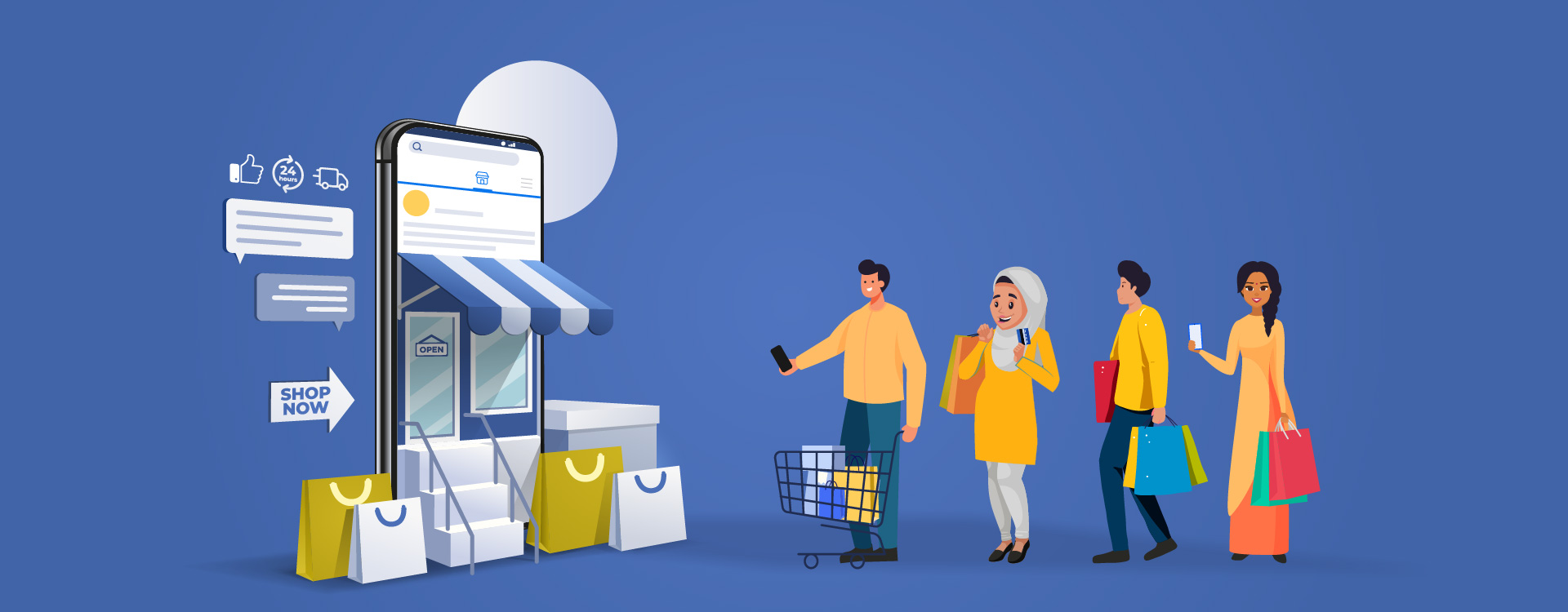If we look 10 years back, the phenomenon of online buying was a luxurious privilege that was limited to Tier-1 cities only. With smartphones becoming ubiquitous and falling data prices, the appetite for online buying is picking up in tier-2 and tier-3 cities.
Indians are fond of slashed prices and discounts. Latching on to this trait DealShare, an e-commerce platform, has introduced the consumer group buying model. This is a new online shopping model to serve the consumers belonging to middle and lower-income groups allowing them to buy in bulk to avail mind-boggling discounts from the merchants. In FY 20-21 fiscal, DealShare’s business ballooned five times to reach a $200 million annual GMV (gross merchandise) run rate.
DealShare is generating revenues by leveraging the community group buying model by bringing innovations in-app experience and building its AI capabilities to offer a personalised, fun-filled, gamified and vernacular shopping experience to its first-time internet consumers. It has developed a community leader network DealShare dost which aids DealShare to operate at ultra-low-cost delivery mechanism, ensuring best-in-class unit economics.
DealShare’s app is used for shopping by its users more than 40 times a month making it one of the most engaging e-commerce app. The app’s strong seller base of 1000 micro-entrepreneurs drives the community group buying model and parallelly generates a host of employment opportunities across all tiers of cities and towns.
What is DealShare?
DealShare is a social e-commerce startup founded in 2018 by Vineet Rao, Sankar Bora, Sourjyendu Medda and Rajat Shikhar. This social online buying platform houses multi-category consumer products at a much-bargained price primarily targeting the non-metro and middle-income Indian consumers.
‘‘
In FY 20-21 fiscal, DealShare’s business ballooned five times to reach a $200 million annual GMV (gross merchandise) run rate.
Why was DealShare Started?
Witnessing WhatsApp’s gigantic reach of 400 million where more than 95 percent of Indians use the app everyday according to App Annie, a mobile insights firm, is the biggest reason that led DealShare to build its e-commerce platform on a messaging app to offer a wide range of products to consumers in small Indian cities and towns.
Forecast and Future of the Community Group Buying Model
The pandemic has nudged people indoors who spend a significant amount of time on social media and messaging platforms for communication and entertainment. This new behaviour is being leveraged by social e-commerce companies to set up their online marketplace.
According to a report from Ernst & Young by 2025 India’s e-commerce market is expected to reach $220 billion with social commerce to be $50 billion in terms of GMV (Gross Merchandise Value).
Startups that are acing the community group buying Model
CityMall, an online group buying portal founded in 2019 sells multi-category products ranging from grocery, FMCG to home and kitchen-related products at discounted prices enjoys a customer base of over 2 lakh customers and works with 20000 sellers.
Similarly, Mall91 started in 2018, is a social group buying e-commerce platform that uses the ‘Mohalla network’ to sell a wide range of products from clothing to electronics to home décor. The platform’s USP lies in video-based social shopping and showcasing product catalogues in vernacular language with WhatsApp-based checkouts that have established its reach in more than 2000 smaller cities and towns. Mall91 has received more than 15 million app downloads with average users spending 10 minutes on the app.
Takeaways for the Startups in community group buying model
- The social e-commerce space will witness growth in rural towns and cities with the increased usage of social media and messaging apps.
- The community group buying model lowers the delivery and logistics costs adding more savings to business and enabling social e-commerce companies to penetrate deeper into India’s remote towns.




